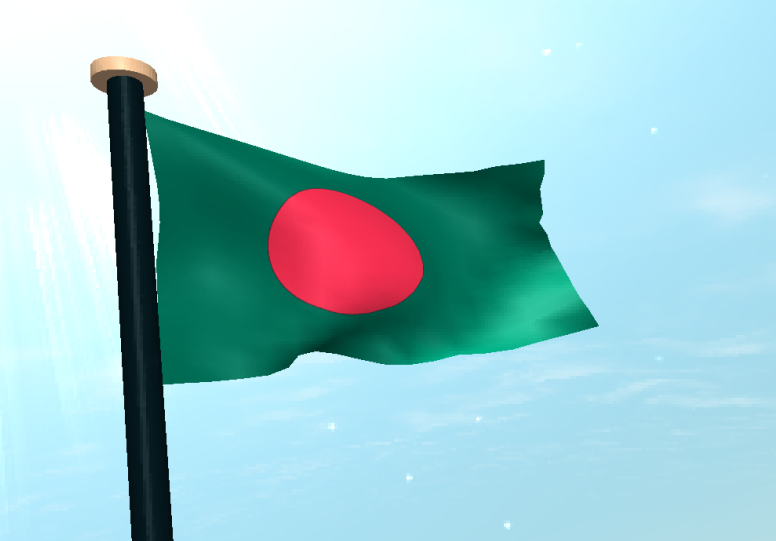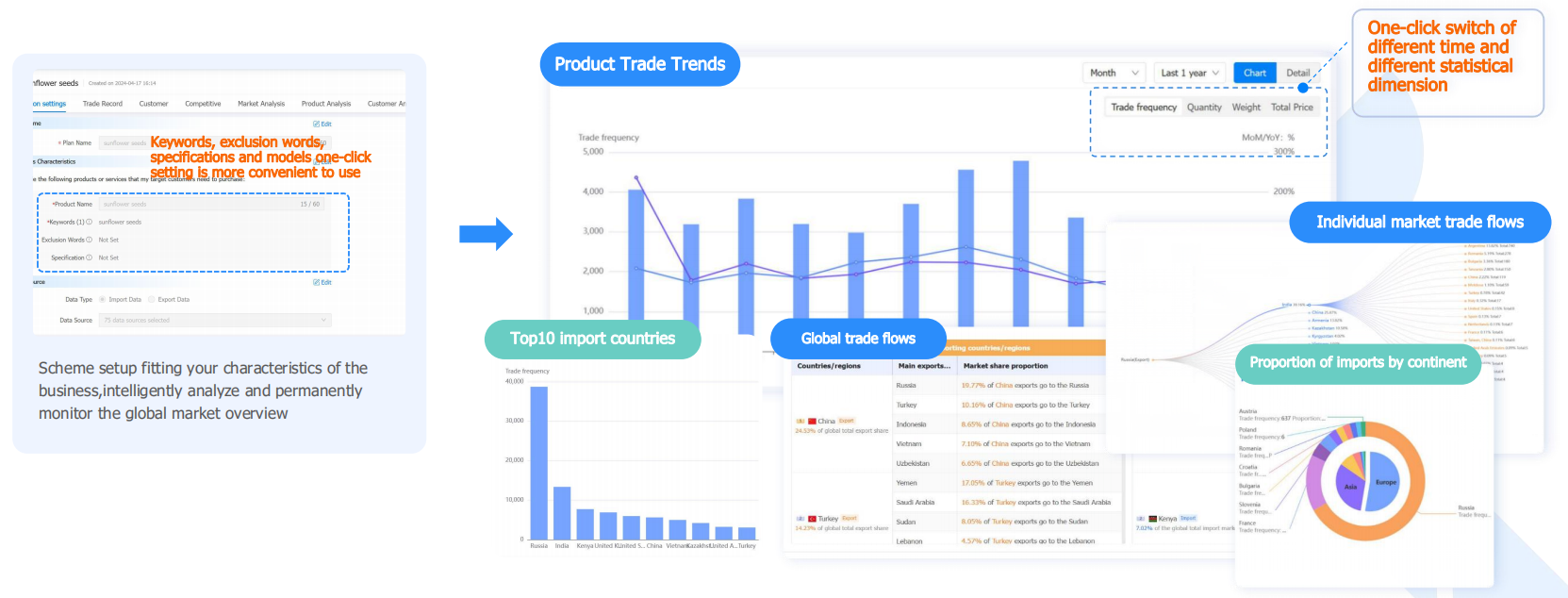 Market Insights
Market Insights
 26-07-2024
26-07-2024
Bangladesh, with its rapidly growing economy and strategic location in South Asia, has become an essential player in global trade. Known for its strong textile industry and increasing diversification, the country engages in significant import and export activities that drive its economic growth. This article delves into some of the most popular goods Bangladesh trades, highlighting key products and their impact on the economy.

Popular Export Goods
Textiles and Apparel
Bangladesh is one of the world's leading exporters of textiles and apparel, contributing significantly to the country's economy. The ready-made garments (RMG) sector is the backbone of its export industry, producing a wide range of clothing for global markets. Major international brands source their apparel from Bangladesh due to the competitive prices and skilled labor force. The RMG sector provides employment to millions and is a crucial driver of economic development.
Jute and Jute Products
Often referred to as the "golden fiber," jute is another major export commodity of Bangladesh. The country is one of the largest producers and exporters of jute and jute products, including raw jute, jute yarn, and various jute-made goods. These eco-friendly products are gaining popularity worldwide as sustainable alternatives to synthetic materials.
Frozen Fish and Seafood
Bangladesh's extensive river and coastal resources make it a significant exporter of frozen fish and seafood. Products such as shrimp, prawns, and a variety of fish are in high demand in international markets. The seafood industry supports many livelihoods and contributes to the country's export earnings.
Leather and Leather Goods
The leather industry in Bangladesh has grown substantially, with the country exporting high-quality leather and leather products such as footwear, bags, and accessories. The sector benefits from the availability of raw materials and skilled craftsmanship, making Bangladeshi leather goods popular in global markets.
Pharmaceuticals
The pharmaceutical industry in Bangladesh has seen remarkable growth, with the country exporting a range of pharmaceutical products to numerous countries. Bangladeshi pharmaceutical companies are known for their high standards and affordable prices, making their products competitive in international markets.
Popular Import Goods
Machinery and Equipment
To support its burgeoning industries, Bangladesh imports significant amounts of machinery and equipment. These imports are crucial for the development of various sectors, including textiles, agriculture, and manufacturing. Modern machinery helps enhance productivity and efficiency in these industries.
Petroleum and Petroleum Products
Bangladesh is heavily reliant on imports to meet its energy needs. The country imports large quantities of crude oil, refined petroleum products, and natural gas. These imports are essential for powering industries, transportation, and households.
Chemicals
The chemical industry in Bangladesh depends on imports to supply raw materials for various applications, including textiles, pharmaceuticals, and agriculture. Imported chemicals are vital for manufacturing processes and industrial production.
Food and Beverages
While Bangladesh is a significant exporter of agricultural products, it also imports various food items to meet the demands of its growing population. Key imports include wheat, sugar, edible oils, and dairy products. These imports help ensure food security and meet consumer preferences.
Iron and Steel
The construction and manufacturing sectors in Bangladesh require substantial amounts of iron and steel, which are primarily imported. These materials are essential for infrastructure development, building construction, and the production of machinery and vehicles.
Conclusion
Bangladesh's trade landscape is characterized by a diverse range of import and export goods, reflecting its growing economy and strategic importance in global trade. By exporting high-quality textiles, jute products, seafood, leather goods, and pharmaceuticals, Bangladesh strengthens its economic position and generates employment opportunities. Simultaneously, importing essential machinery, energy resources, chemicals, food items, and metals ensures that its industries remain competitive and well-supplied. This dynamic trade environment continues to drive Bangladesh's economic growth and integration into the global market.
From traditional data retrieval to constructing business scenarios, Tendata
T-Insight employs multiple analysts to work for you.
With intelligent market analysis, it assists in saving analysts' time and your money.
Eliminate the need for manual and frequent searches and analyses. With Tendata, you can effortlessly grasp product trade trends, trade flows, top 10 import and export countries with a single click, understand market trends, and identify high-value regions.

Category
Leave Message for Demo Request or Questions


 T-info
T-info T-discovery
T-discovery

 My
Tendata
My
Tendata Market Analysis
Market Analysis Customer
Development
Customer
Development Competitor
Monitoring
Competitor
Monitoring Customer Relationship
Customer Relationship




































































































































